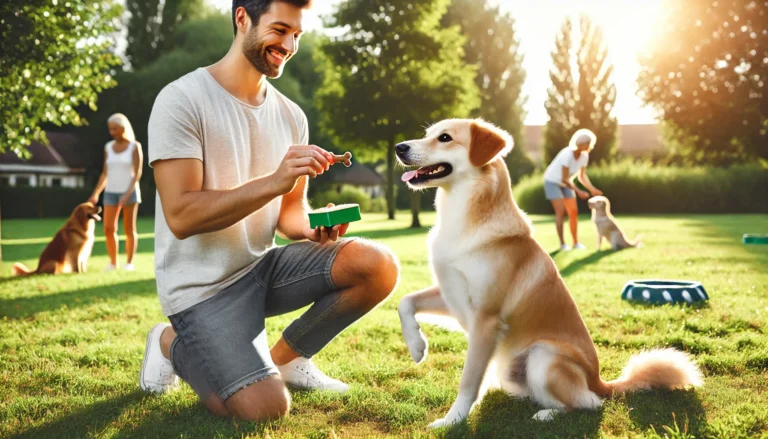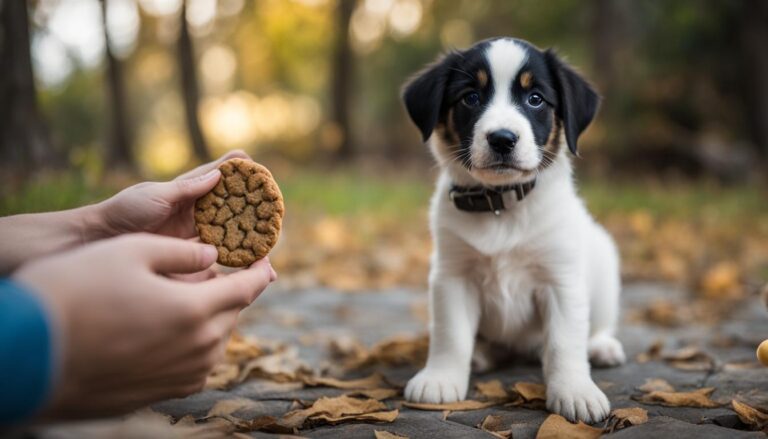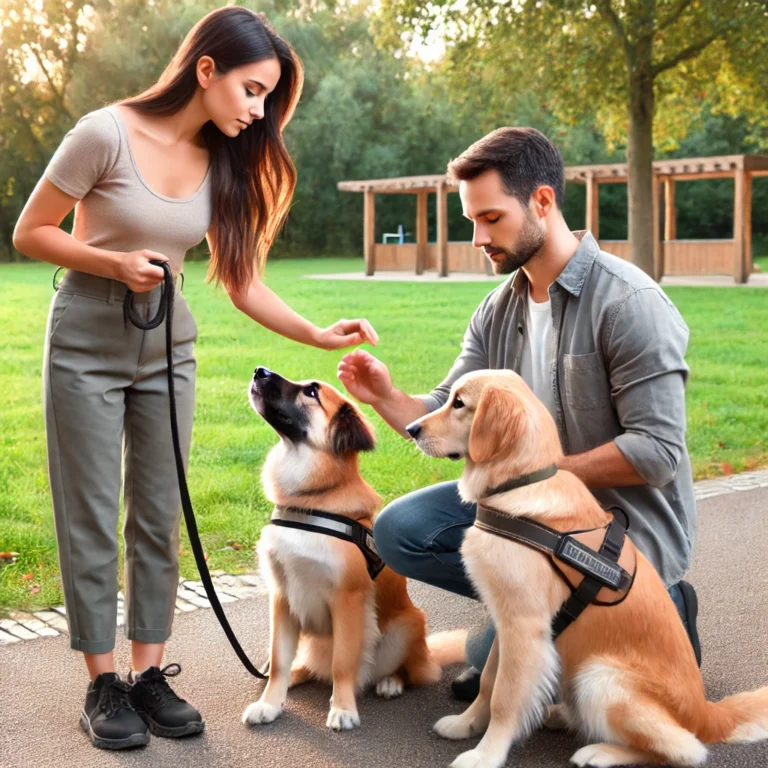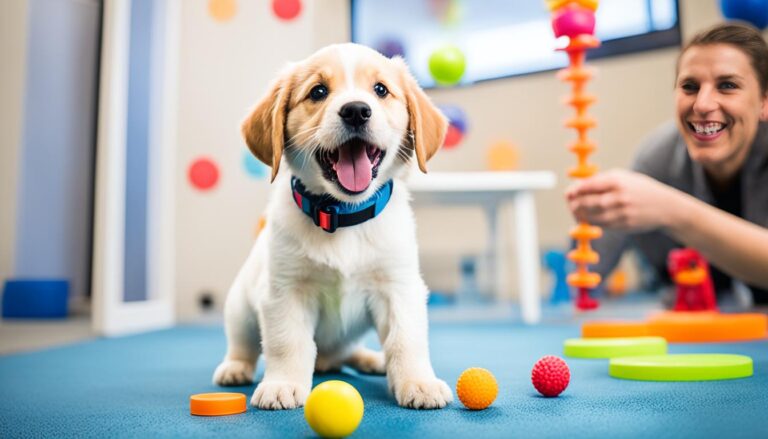how dog sledding works
Ever wondered how dogs pull a sled over snowy lands? Dog sledding is an ancient Arctic tradition that has amazed people for thousands of years. It started around 6000 BC as a way to move through the cold1. Now, it’s a fun winter sport that mixes nature’s power with human skill.
This activity, or mushing, uses a team of dogs to pull a sled on snow. Trained mushers lead these sleds, but some let people try driving them1. It became popular during the Alaskan gold rush of 1896, helping people move in the US and Canada’s north.
Mushers say “hike” to make their dogs move, not “mush”. The word “mushing” comes from the French “marcher”, which means to walk. A team can have 6 to 20 dogs, based on the weather and their job in the team1. These dogs can pull up to 200 kg, which is usually 2 to 3 people1.
Key Takeaways
- Dog sledding started in 6000 BC as a way to travel
- Professional mushers drive the sleds
- A team has 6 to 20 dogs
- A sled can carry up to 200 kg, usually 2-3 people
- Mushers say “hike” to get the team moving
- It got popular during the 1896 Alaskan gold rush
The History and Evolution of Dog Sledding
Dog sledding has a long history tied to Arctic traditions. It goes back thousands of years. Archaeological finds give us a peek into this old practice.
Ancient Origins: From Transportation to Sport
The oldest dog found was Zhokhov, about 9,500 years old. Today’s sled dogs are closely related to Zhokhov, showing they come from Siberia over 9,500 years ago2. In Finland, the oldest sleigh runner is about 9,000 years old3.
Early sled dogs helped early tribes move and survive in North America. They led to village races and special breeding for strength and speed3.
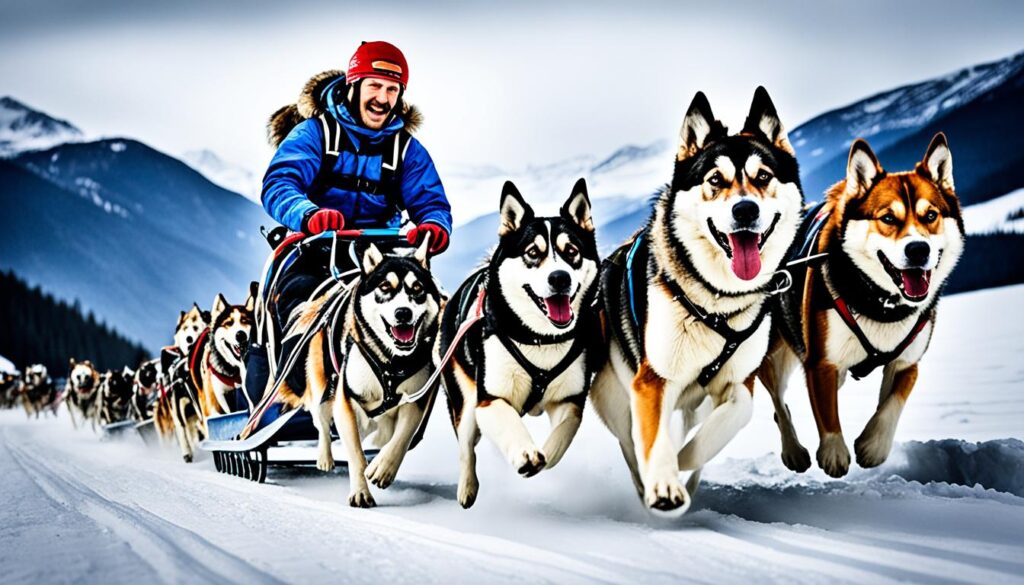
The Great Race of Mercy: A Turning Point
The 1925 “Great Race of Mercy to Nome” was a key moment in dog sledding history. Over 100 dogs and twenty mushers went 674 miles in less than five and a half days. They delivered a 20lb package of antitoxin serum to fight a diphtheria outbreak in Nome, Alaska4. This event showed how important dog sled teams are in Arctic life.
Modern Dog Sledding: Recreation and Competition
Now, dog sledding is a fun activity and a competitive sport. The first “All-Alaska Sweepstakes Race” in 1908 started sled dog racing as we know it today4. The Siberian Husky became popular in racing after the 1909 All Alaska Sweepstakes3.
Today’s sleds are mostly the same as the old ones, made from wood or lightweight metals. In New Hampshire, big sled dog races happen every year. They draw participants from the US and Canada4.
| Year | Event | Significance |
|---|---|---|
| 9,500 years ago | Zhokhov, oldest domesticated dog | Common origin of modern sled dogs |
| 1908 | First “All-Alaska Sweepstakes Race” | Formal beginning of competitive sled dog racing |
| 1925 | “Great Race of Mercy to Nome” | Showcased value of dog sled teams in Arctic life |
Understanding Sled Dog Breeds and Teams
Sled dog breeds have a long history. They started in Mongolia over 35,000 years ago. Humans and dogs moved north together about 25,000 years ago5. Dogs started pulling sleds around 3,000 years ago, starting a special partnership5.
Popular Sled Dog Breeds
Many breeds are great for dog sledding, each with its own strengths. The Alaskan Malamute is strong and can carry heavy loads6. Siberian Huskies, like Togo, do well in tough conditions5. Samoyeds and Alaskan Huskies are also popular.
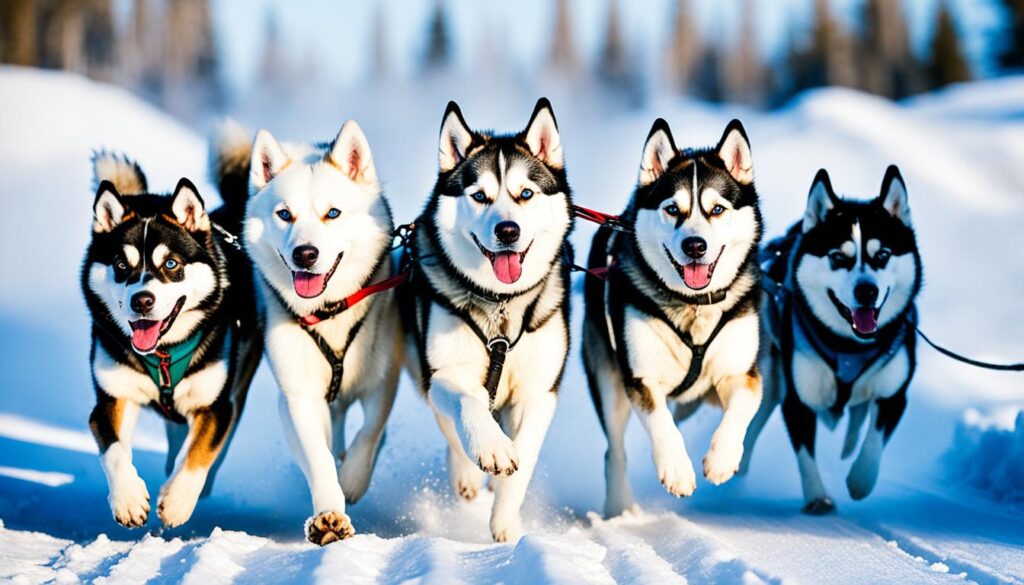
The Anatomy of a Dog Sled Team
A dog sled team has different roles. Lead dogs lead, swing dogs support, team dogs add power, and wheel dogs are closest to the sled. A good sled dog weighs 20-25 kg, strong but also able to keep warm6.
| Position | Role | Characteristics |
|---|---|---|
| Lead Dogs | Guide the team | Intelligent, decisive |
| Swing Dogs | Support lead dogs | Strong, reliable |
| Team Dogs | Provide power | Energetic, enduring |
| Wheel Dogs | Closest to sled | Strong, steady |
Training and Care for Sled Dogs
Training sled dogs teaches them to be strong, listen, and work together. They need good food, lots of exercise, and care for their paws. In races, a team with 40 dogs is small7. Choosing and caring for sled dogs is key for their success in tough races.
How Dog Sledding Works: The Basics of Mushing
Dog sledding is a fun winter sport that mixes human skill with dog power. It’s all about a team of dogs pulling a sled on snow. The musher stands behind the sled, guiding the dogs with voice and lines.
This sport has a long history. Indigenous people in the north used dog sleds for moving and hunting. Now, it’s a sport and a fun activity8.
The musher is very important in dog sledding. They manage the team, navigate tough paths, and keep everyone safe. Important mushing skills include:
- Starting the team with commands like “Ready” and “Alright”
- Steering with commands such as “Gee” (right) and “Haw” (left)
- Controlling speed with voice and a brake system
- Stopping the team with the command “Whoa”9
Lead dogs are key to the team. They understand the musher’s commands and lead the others. To be a lead dog, they need to be athletic, have a good attitude, and be smart9.
A typical team has different roles:
| Position | Role |
|---|---|
| Lead Dogs | Set the pace and guide the team |
| Swing Dogs | Help steer around turns |
| Team Dogs | Provide power in the middle |
| Wheel Dogs | Closest to the sled, must be strongest10 |
How you mush depends on the snow, the sled, and how far you go. You need good training and gear for dog sledding. With hard work and practice, mushers and their teams can get really good at it.
Essential Equipment for Dog Sledding
Dog sledding equipment is key for this exciting winter sport. Each piece, from sleds to harnesses, is vital for a safe and fun trip. Let’s look at the must-have gear for this Arctic tradition.
Types of Sleds: Basket and Toboggan
There are many types of dog sleds, from light sprint sleds to heavy freight sleds11. Sprint sleds are short, while freight sleds are long11. Some mushers choose sleds with ½” plastic runners for their strength12. Basket sleds are great for hard trails, and toboggan sleds are perfect for big loads on long trips.
Harnesses, Gang Lines, and Control Systems
Getting the right harness is key for dogs in sledding. The harness affects how a dog pulls, so it must fit well13. There are many harness types for different dog sizes, focusing on comfort and safety13. Gang lines are made of strong rope, and snow hooks help stop the sled when needed11.
Musher Gear and Safety Equipment
Mushers need the right gear to stay warm and safe. This includes warm clothes, waterproof boots, and helmets. Safety is a top priority, especially at night when headlamps are a must. Dogs also need booties to keep their paws safe12. Keeping all gear in good shape is important to avoid accidents and have a safe trip12.
FAQ
What is the origin of dog sledding?
What is “mushing” in dog sledding?
What are the popular sled dog breeds?
How do dog sled teams work?
How does the musher control the sled dogs?
What are the different types of dog sleds?
What safety equipment is essential for dog sledding?
Source Links
- https://www.manawa.com/en/articles/dog-sledding-question-answer-session – Everything You Need to Know About Dog Sledding | Manawa
- https://www.alaskamushingschool.com/learn/history-of-dog-sledding/ – The History of Dog Sledding | Alaska Mushing School
- https://www.hettahuskies.com/en/our-farm-dogs/more-about-huskies/history-of-sleddogs – History of Sleddogs | Hetta Huskies – Dog Sledding Finland | Mushing Finland
- https://www.nh.gov/folklife/learning-center/traditions/dog-sledding.htm – Dog Sledding & Dog Sled Making | Learning Center
- https://www.akc.org/expert-advice/dog-breeds/sled-dog-breeds-history-future/ – No title found
- https://www.wikipedia.org/wiki/Sled_dog – Sled dog – Wikipedia
- https://www.reddit.com/r/dogs/comments/japt8w/discussion_so_i_work_in_sled_dog_racing/ – Reddit – Dive into anything
- https://www.sniffspot.com/blog/dog-enrichment/what-is-dog-sledding-and-how-to-do-it – Ultimate Guide to Dog Sledding | Sniffspot
- https://turningheadskennel.com/dog-sledding-commands-what-they-are-and-how-we-teach-them/ – Dog Sledding Commands – What They Are And How We Teach Them
- https://www.neewadogs.com/pages/mushing – What Is Mushing? The Ultimate Guide To Dog Mushing | Neewa
- https://psdsa.org/mushing/equipment/ – Equipment – PSDSA | Pacific Sled Dog and Skijor Association
- https://mushing.com/uncategorized/beginner-basics-elementary-gear/ – BEGINNER BASICS: ELEMENTARY GEAR – Mushing
- https://dogjor.wordpress.com/2020/09/18/a-guide-to-harnesses-in-dog-mushing-and-joring-sports/ – A Guide to Harnesses in Dog Mushing and Joring Sports


